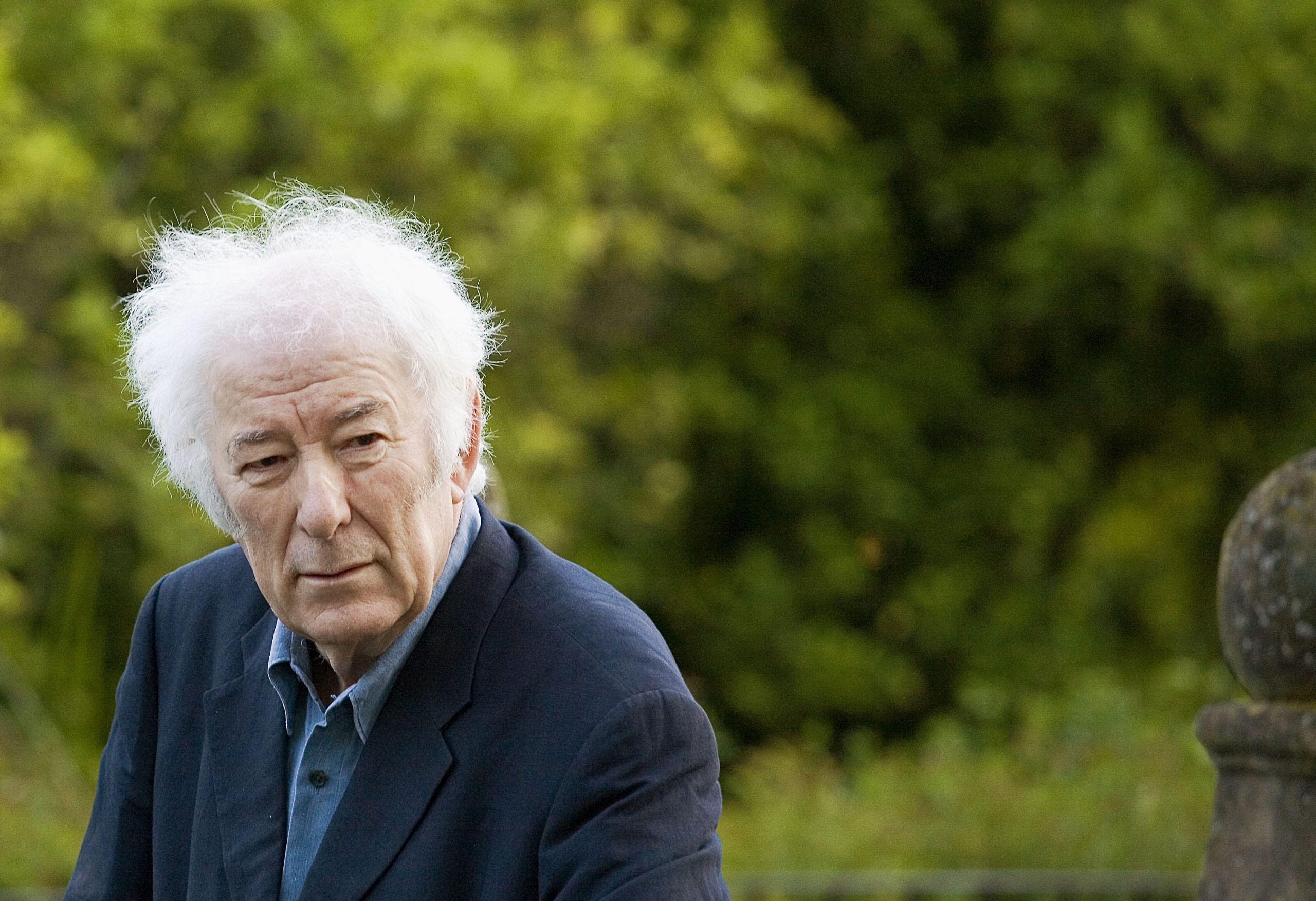Think what you got for Christmas was bad? The worst presents in literature will cheer you up...
A diamond-encrusted tortoise, a humble pencil case tied up with string and a cursed jewel: Felicity Day unwraps some of the best and worst presents given in literature


Exquisite houses, the beauty of Nature, and how to get the most from your life, straight to your inbox.
You are now subscribed
Your newsletter sign-up was successful
‘I’ll send it to Bob Cratchit’s!’ decides a very merry Scrooge on Christmas morning, rubbing his hands with glee at the thought of the ‘prize turkey’ — ‘twice the size of Tiny Tim’ — that will soon be gracing the table of his long-suffering employee and his family. A heart-warming sign of his redemption, it must be one of the most famous gift-giving scenes in literature, in one of the world’s best-loved Christmas books. But shop around (as we must at this time of year) and you can gather a whole stocking-full of fictional presents: memorable, comical and relatable gifts that go on giving, every time we unwrap them anew.
In literature, as in life, the most appreciated presents are sometimes the most thoughtful ones, no matter how humble. ‘’Tes mine?’ says aged and underappreciated farmhand Adam Lambsbreath, staring at the neat little washing-up mop that Flora Poste assures him will better ‘cletter the dishes’ than the thorn-spiked twig she finds him using on her arrival at the eponymous Cold Comfort Farm. So enamoured of the handsome gift is he (although, perhaps, determined not to be swayed from a habit of ‘fifty years and more’) that he hangs it reverentially ‘above t’ gurt old greasy washin’-up water’—much to his benefactor’s annoyance.
Occasionally, the wrapping alone is enough to excite: we probably all know a Winnie-the-Pooh, who, when given a ‘Special Pencil Case’ by Christopher Robin as a thank you for effecting the brave rescue of Piglet from the flood, opened it ‘as quickly as ever he could, but without cutting the string, because you never know when a bit of string might be Useful’.
Nancy Mitford’s Christmas Pudding provides a warning to any of us so reckless as to parcel up similarly shaped presents without carefully affixing gift tags: precocious Etonian Sir Roderick ‘Bobby’ Bobbin, intending to gratify his horse-mad mother with an unexceptionable volume of hunting songs, having muddled up his gifts, presents her instead with a racy tome on The Sexual Life of Savages in Northern Melanesia. With considerable aplomb he complains ‘volubly and in tones of utmost distress… that the shop must have sent the wrong book by mistake’ — his only reward for such quick thinking being to see the book, bought ‘at great expense’ for a friend, thrown with scepticism onto the fire.
"The pianoforte given to Jane Fairfax by her secret fiancé Frank Churchill in Jane Austen’s Emma becomes more of a millstone around her neck"
A well-meant attempt at a bit of pre-Christmas bribery pays similarly poor dividends for Georgette Heyer’s most rackety young Regency couple, Viscount ‘Sherry’ Sheringham and his wife, Hero, in Friday’s Child. Employing a young horse-whisperer of a groom whose one failing is his regrettable past as a pickpocket, they have ‘the happy thought of promising to bestow a timepiece’ on him at Christmas, if he will but refrain from pilfering from their friends in the meantime. Jason, however, succumbs to ‘his instincts’ almost as soon as he has his ‘fambles’ on the ‘tattler’ — although he is morally improved, someone points out, as his stolen booty includes not one watch.
Heyer plays with her couple’s careless generosity, but it’s Mitford who excels at gifts characteristic of their literary giver. Rarely has a choice of present personified anyone so well as the ‘fur hat’ and ‘gold and topaz bracelet’ that the Bolter — Fanny’s glamorous and permanently absent mother — dispatches to her from Paris in The Pursuit of Love (deemed ‘unsuitable’ by Aunt Sadie, but madly envied by the Radletts); or the ‘sports wristwatch’ — ‘never worn’ — that is all romantically minded Linda can bear to pass on to her own estranged daughter, Moira, having discovered in her a disappointing incapacity to thrill at the idea of an air raid.
That said, the festive offering of Brideshead Revisited’s Rex Mottram comes close. In the unconvivial aftermath of the Flyte family Christmas, as they attempt to stop Sebastian getting sloshed, Julia’s suitor gives her a tortoise, the shell of which has her initials set in diamonds. ‘Beastly,’ her sister Cordelia calls his gift and although it certainly is that (the creature reputedly had a real-life counterpart, owned by a French aristocrat, whose decadent ornamentation proved a death sentence), it undeniably shares qualities with the ‘vulgar, pushful and unprincipled’ Rex.
Exquisite houses, the beauty of Nature, and how to get the most from your life, straight to your inbox.

If the tortoise is a dubious pleasure for Julia—who spends a lot of time frowning at it—it’s not the only such in fiction. Schoolteacher Lucy Snowe of Charlotte Brontë’s Villette is given novels by her colleague and admirer Monsieur Emanuel, but as ‘pruned’ by his penknife, with the passages he considers inappropriate chopped out, no matter the effect on the narrative. And although the pianoforte given to Jane Fairfax by her secret fiancé Frank Churchill in Jane Austen’s Emma appears to be a love token of a more desirable kind (allowing them to continue flirting clandestinely — ‘if I mistake not that was danced at Weymouth’, he can say, nonchalantly, in company), it’s more of a millstone around her neck, making her the subject of speculation and adding to her guilt over the impropriety of their secret contract. Of course, neither compares with The Moonstone, the looted and consequently cursed Indian diamond given to Rachel Verinder, who is ‘fascinated’ — until what must rank among fiction’s very worst gifts brings murder, suicide, scandal and distrust to her door.
Yet where there are good intentions, an effort must always be made to show gratitude and even one of literature’s most famous adolescents, a 14½-year-old Adrian Mole, manages to politely paste on a ‘false smile’ — worn ‘for so long that it hurt’ — after being presented with Bible Stories for Boys by his grandma at Christmas.
Even harder does his fellow teenager Cassandra Mortmain, of I Capture the Castle, try in her attempts to reassure her besotted old friend Stephen that the portable wireless he has scrimped and saved to buy her is more than equal to the ‘glorious’ gramophone sent her by Simon, the rich American she has fallen for. ‘Oh, Stephen!’ she cries, guiltily conscious that in her mind there’s no comparison between the two. ‘It was a much bigger present from you. Simon didn’t have to save — or work for it.’ His quiet, dignified response reminds us what gifts — whether real or imagined — are really all about. ‘No,’ he simply replies, ‘that was my privilege.’

Tableside cooking: Dinner with a side of drama
Tableside cooking is nothing new, but modern-day diners have forgotten how fun it can be, says Tom Parker Bowles, who

The magic of the Rowan tree
When it comes to driving away witches or keeping off evil, nothing beats the rowan tree, with its gleaming scarlet

Carla Carlisle: 'Seamus Heaney deserves a sainthood, as well as his Nobel Prize'
Carla Carlisle applauds The Letters of Seamus Heaney and shares how she couldn't wait until Christmas to devour the collection
Country Life is unlike any other magazine: the only glossy weekly on the newsstand and the only magazine that has been guest-edited by His Majesty The King not once, but twice. It is a celebration of modern rural life and all its diverse joys and pleasures — that was first published in Queen Victoria's Diamond Jubilee year. Our eclectic mixture of witty and informative content — from the most up-to-date property news and commentary and a coveted glimpse inside some of the UK's best houses and gardens, to gardening, the arts and interior design, written by experts in their field — still cannot be found in print or online, anywhere else.
